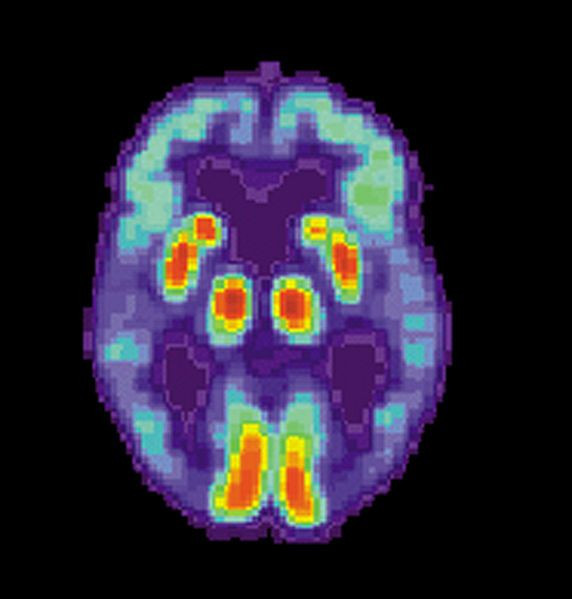New Blood Test Can Detect Alzheimer’s 20 Years Before Symptoms Manifest

A simple blood test might soon predict symptoms of Alzheimer's disease decades before they appear.
This new blood test can identify the beta-amyloid proteins that accumulate in the brains of people with Alzheimer's nearly 20 years before symptoms appear. A new study found the blood test was even more sensitive at detecting the build-up of beta-amyloid proteins in the brain than a PET brain scan, considered the gold standard in Alzheimer’s detection.
Alzheimer's disease is an irreversible and mental deterioration that can occur in middle or old age. It’s caused by the generalized degeneration of the brain. Alzheimer’s causes memory problems that become severe over time. It is one of the top leading causes of death in the U.S.
Using mass spectrometry on blood samples, the new test detects the presence of two forms of the beta-amyloid protein: beta-amyloid 42 and beta-amyloid 40. Researchers have long known that when beta-amyloid in the brain starts to accumulate, the ratio between beta-amyloid 42 and beta-amyloid 40 decreases.
The blood test can detect this minute change.
The study involved 158 adults at least 50 years old. All but 10 had normal cognitive function. Each participant took a blood test and underwent a PET brain scan.
Results were classified as either amyloid positive or amyloid negative. Researchers found results agreed with each other 88% of the time.
Refining the results and improving the blood test's accuracy, they saw that accuracy went up to 94%. Including a participant’s age and genetic variant alongside the blood test results helped improved the accuracy.
When the researchers followed up the participants a few years later, they found some of these persons had since had positive Alzheimer’s test results on later brain scans.
This finding indicated some of the early blood tests were more sensitive than the PET brain scans in detecting Alzheimer’s in its very early stages.
"Right now we screen people for clinical trials with brain scans, which is time consuming and expensive, and enrolling participants takes years," senior author Dr. Randall Bateman, a distinguished professor of neurology at Washington University School of Medicine (WUSTL) in St. Louis, Missouri, said.
"But with a blood test, we could potentially screen thousands of people a month. That means we can more efficiently enroll participants in clinical trials, which will help us find treatments faster and could have an enormous impact on the cost of the disease, as well as the human suffering that goes with it."
Researchers from WUSTL conducted the study, which was published in the journal Neurology. The researchers was led by an assistant professor of neurology Dr. Suzanne Schindler. They first developed a version of this test a few years ago.



























